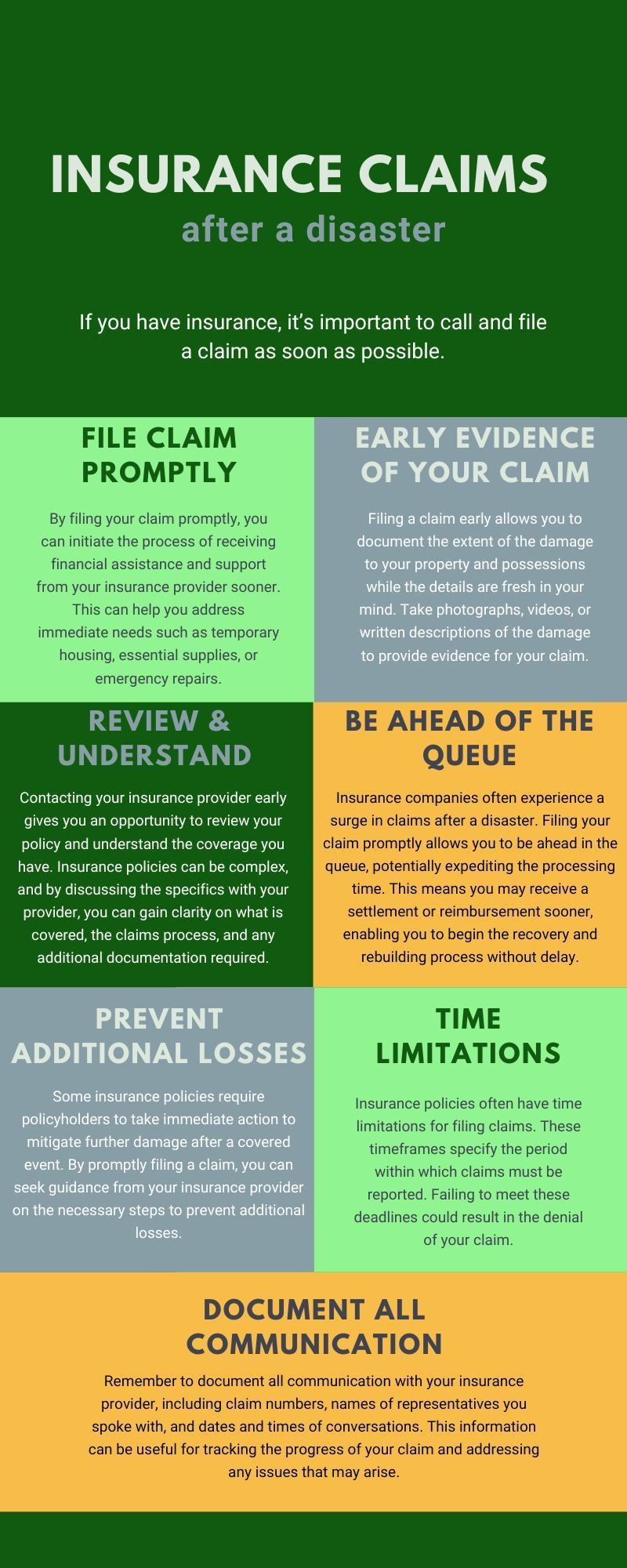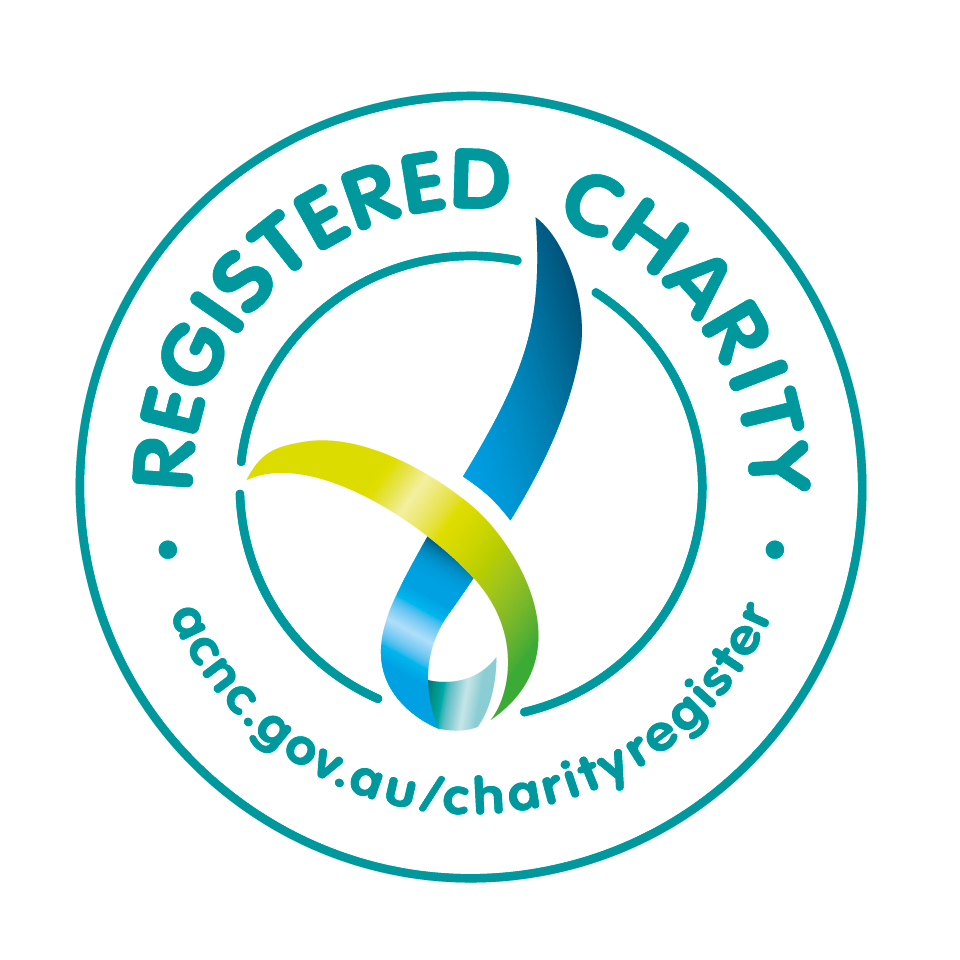The role of recovery
The duration of disaster recovery varies depending on the severity of damage to homes and the Iluka community. It can range from days to years. The key to successful recovery lies in prepared residents, resilient businesses, and adequate insurance coverage for properties.
When individuals are unable to cope with the overwhelming resources required for recovery, it becomes crucial for resilient institutions and social networks, including family, neighbours, and community organisations, to step in and provide assistance.
Every individual has a significant role to play in the repair and rebuilding of the Iluka community. By gaining an understanding of recovery challenges ahead of time, you can be better equipped to navigate the recovery process following a disaster.
Community-led Recovery and ICOPE
Community-led recovery after a disaster is an approach that emphasises the active participation and engagement of local communities in the process of rebuilding and recovering from the impacts of a disaster. It recognises the importance of involving those directly affected by the disaster in decision-making, planning, and implementation of recovery efforts.
Community-led recovery aims to empower individuals and communities by valuing their knowledge, expertise, and capacity to contribute to their own recovery. It encourages collaboration, cooperation, and collective action among community members, ICOPE, local organisations, and stakeholders involved in the recovery process.
Disaster Clean-up – “During Clean-up, Think Safety First”
Disaster Clean-up – “During Clean-up, Think Safety First”
Cleaning up after a disaster can be a challenging task, but there are several important steps you can take to manage the clean-up process effectively and safely.
- Before beginning any clean-up activities, prioritise your safety and the safety of others. Wear appropriate personal protective equipment (PPE) such as gloves, masks, and sturdy footwear. Be cautious of potential hazards, including unstable structures, exposed wires, sharp objects, or contaminated materials.
- Conduct a thorough assessment of the damage to your property and surroundings. Take photographs or videos of the damage for insurance purposes and make a detailed inventory of the affected items.
- If it is safe to do so, secure the affected area by boarding up windows, covering damaged roofs, or taking other temporary measures to prevent further damage or unauthorised access.
- Clear away debris, fallen trees, and other materials that obstruct access to your property or pose safety risks. Use caution when handling heavy objects and consider seeking assistance from ICOPE, volunteers, community organisations, or professional clean-up services if needed.
- If there is water damage from flooding or leaks, it is important to address it promptly. Remove standing water, dry out affected areas, and use fans, dehumidifiers, or professional drying services to prevent mould growth.
- Salvage and clean any salvageable personal belongings that have been affected by the disaster. Sort through items, discard irreparable ones, and clean and disinfect salvageable items thoroughly. Follow proper guidelines for cleaning specific items, such as clothing, furniture, or electronics.
- Separate and dispose of different types of waste appropriately. Follow local guidelines for disposal of debris, hazardous materials, and other waste. Be mindful of recycling options for materials that can be recycled.
- Notify your local government, insurance company, and relevant authorities about the damage to your property and seek guidance on the required documentation and procedures for claims and assistance.
- If the damage is extensive or if you are uncertain about how to safely handle certain tasks, consider hiring professional clean-up services, contractors, or restoration specialists who have the expertise and equipment to handle the situation.
- Coping with the aftermath of a disaster can be emotionally challenging. Seek support from family, friends, or counselling services to help process emotions and manage stress during the clean-up process.

File insurance claims as soon as possible
If you have insurance, it’s important to call and file a claim as soon as possible.
- By filing your claim promptly, you can initiate the process of receiving financial assistance and support from your insurance provider sooner. This can help you address immediate needs such as temporary housing, essential supplies, or emergency repairs.
- Filing a claim early allows you to document the extent of the damage to your property and possessions while the details are fresh in your mind. Take photographs, videos, or written descriptions of the damage to provide evidence for your claim.
- Contacting your insurance provider early gives you an opportunity to review your policy and understand the coverage you have. Insurance policies can be complex, and by discussing the specifics with your provider, you can gain clarity on what is covered, the claims process, and any additional documentation required.
- Insurance companies often experience a surge in claims after a disaster. Filing your claim promptly allows you to be ahead in the queue, potentially expediting the processing time. This means you may receive a settlement or reimbursement sooner, enabling you to begin the recovery and rebuilding process without delay.
- Some insurance policies require policyholders to take immediate action to mitigate further damage after a covered event. By promptly filing a claim, you can seek guidance from your insurance provider on the necessary steps to prevent additional losses.
- Insurance policies often have time limitations for filing claims. These timeframes specify the period within which claims must be reported. Failing to meet these deadlines could result in the denial of your claim.
Remember to document all communication with your insurance provider, including claim numbers, names of representatives you spoke with, and dates and times of conversations. This information can be useful for tracking the progress of your claim and addressing any issues that may arise.


